FiLiA Presents the Violence, Abuse and Women’s Citizenship Conference of ‘96
The resilience and courage of the International Women’s Rights Movement in the 90s is retold in this unique exhibition retelling the Violence, Abuse and Women’s Citizenship Conference of ‘96. Legendary feminists including Andrea Dworkin, Phylls Chesler, Norma Hotaling, Jalna Hanmer, Sheila Jeffreys, Janice Raymond and Teboho Maitse attended and, for the first time, women from across the world came together to form alliances.Through this exhibition, we explore the global political and social landscape of the 90s that led to the demand for this phenomenal event.
Episodes
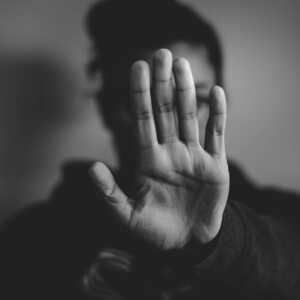
Friday Sep 01, 2023
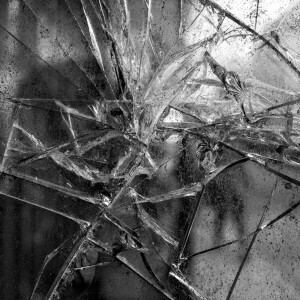
Friday Sep 01, 2023
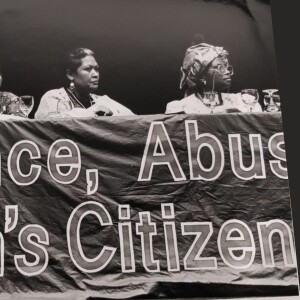
Friday Sep 01, 2023

Friday Sep 01, 2023
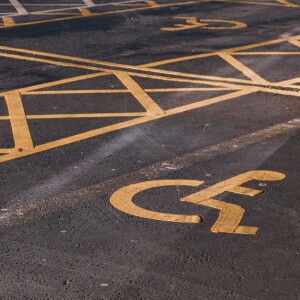
Monday Sep 18, 2023

Monday Sep 18, 2023
Monday Sep 18, 2023
“Prevention, provision, and protection are our themes. Full citizenship for women is our objective.”
“Whoever we are, and however we got here, we all share common ground, and are struggling together to end violence against women.”
“We thank you for coming and hope you will take back with you knowledge and inspiration, and find new ways to take this conference forward in your own field and in your own part of the world.”
Jalna Hanmer was the convenor of the Violence, Abuse and Gender Relations Research Unit and Professor of Women’s Studies and Co-ordinator of the MA/Dip Women’s Studies (Applied) at the University of Bradford. Jalna is co-author of Man Made Women: How New Reproductive Technologies Affect Women, editor of Issues in Reproductive and Genetic Engineering, 1988-1992, and has undertaken research for the European Commission on women’s perspectives on the human genome project. She also researched and published on violence and crime and is co-author of Well-Founded Fear: A Community Study of Violence Against Women, and of Women, Violence and Crime Prevention (with Sheila Saunders), and co-editor of Women, Violence and Social Control (with Mary Maynard).
Jalna died in 2023. Read her obituary written by Julie Bindel.
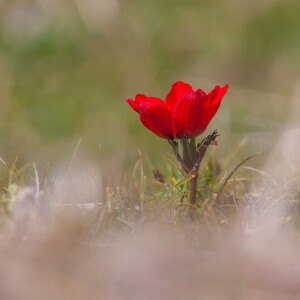
Monday Sep 18, 2023
Monday Sep 18, 2023
"As a girl, I was often told that my good name is like a sheet of glass. When it break, it can be never repaired."
Huda Ruhana speaks about her experience of working with Palestinian women in Israel.
We have not been able to find any further information on Ruhana. If you know about her work or life since 1996, please get in touch.

Monday Sep 18, 2023
Monday Sep 18, 2023
“Men do not do this in spite of the fact that they know it is wrong. Those men who choose to do so, do it because they believe it is their right, or at least justifiable.”
“This is our issue. It is a political issue. It is a feminist issue. And it's time to get our own back.”
"Incest, the sexualization of children cast in Procrustean form, has been transmogrified, hijacked. From a political issue framed by feminists as a sexual offence on the part of men - for which we demanded accountability and censure - incest has been co-opted and reformulated by the therapeutic ideology, as an illness in women to be treated. In children, it is a prediction of illness to be treated. The issue of incest today is seen not as social but as medical. The response is not a call for change but for "treatment." "The personal is political" has been recast as "the personal is all."
How did we get here? How did we get from "breaking the silence" to a place where once again women's voices are not being heard in any meaningful way? How did we get to allegations of "False Memories" and to an insistence that the issue is "gender-neutral?" What can feminists do to reclaim the issue? How can we refocus public attention on the offence and on the offender? How can we re-invigorate the kind of optimism that says we can make social change and create meaningful paths to prevention and protection for children?
Louise has spoken widely at colleges, conferences and conventions. Kiss Daddy Goodnight, published in 1978, broke the taboo on talking about incest. Rocking the Cradle of Sexual Politics: What Happened When Women Said Incest, published in 1994, was described as 'An important, incendiary, unapologetic history written in hope of rekindling the possibility of radical change - nothing less than a redistribution of gender power'. Her most recent publication is Of 'Sluts' and 'Bastards': A Feminist Decodes the Child Welfare Debate (1995)."
Louise died aged 71 on August 10, 2008. Read this obituary published in the Guardian and written by Julie Bindel:
"Feminists all over the world knew of and admired Armstrong's courage and clarity. She has been described as being "like a dog with a bone", and would never temper her critique of those who minimised the prevalence and effects of incest, or those who sought to make an industry of it. Armstrong's sense of humour and wicked wit was legendary. When she was lauded for "breaking the silence" on child sexual abuse, she replied: "Yes. But it was not our intention merely to start a long conversation."
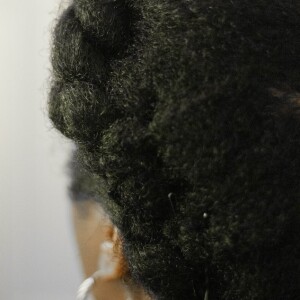
Monday Sep 18, 2023
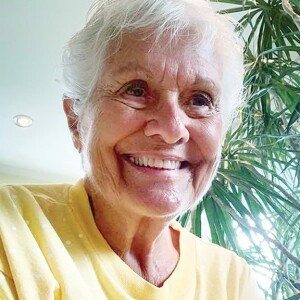
Monday Sep 18, 2023
Monday Sep 18, 2023
“My name is Suzanne La Plante-Edwards, and I'm new on the feminist picture. At least, I was always a feminist, but I became an activist overnight, when my little daughter was one of the fourteen young girls who were killed just because they were women, and because they wanted to become engineers. And this guy came into University of Montreal, made his way to the second floor, inside a classroom. Can you imagine how safe you can be in the world if you cannot be safe inside a classroom on the second floor of an engineering building in a university?”
"Suzanne La Plante-Edwards has, since the December 6th tragedy, been a key player in obtaining stricter gun control in Canada, by creating awareness in the media and intense lobbying on the political level. For this, she was awarded an Honorary Diploma from Dawson College in Montreal. In 1991 she founded the December 6th Victims Foundation Against Violence. Through her intense efforts, the day of December 6th has now been federally declared ‘National Day of Commemoration and Action on Violence Against Women’."
Since 1996, Suzanne has continued her campaigning for gun control and against gun violence, including writing articles in English and French.
